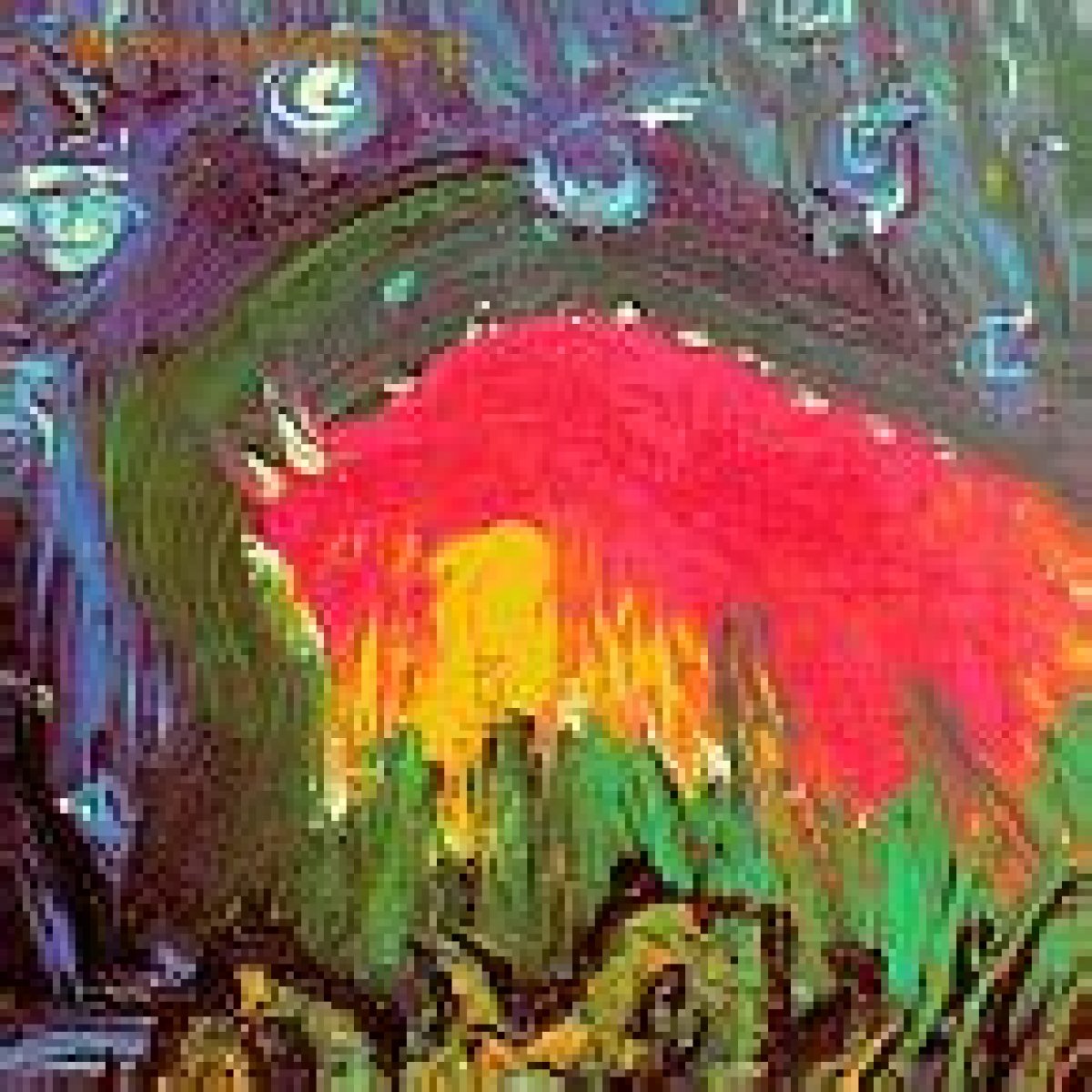Title: Exploring the Depths of Lake of Fire by Meat Puppets: A Journey into the Symbolism of One of Rock’s Most Iconic Tracks
Few songs in rock music history have captured the imagination of fans quite like Meat Puppets’ Lake of Fire. First released in 1983 as part of their self-titled debut album, this track has since become a timeless classic that has been covered by everyone from Nirvana to Foo Fighters, further cementing its legacy as an iconic piece of music history.
Despite its popularity, the “meaning” behind the song has never been entirely clear. Its lyrics, filled with esoteric phrases and metaphors, can leave listeners puzzling over what its creators were trying to say. But as it turns out, the symbolism of Lake of Fire is deep, complex and multi-faceted, deserving of a closer examination.
The Story Behind the Song
Meat Puppets, composed of brothers Curt and Cris Kirkwood and drummer Derrick Bostrom, were part of the flourishing punk rock scene of the early 1980s. With their raw and unconventional sound, they quickly gained a devoted fanbase and were hailed by critics as pioneers of alternative rock.
One of the standout tracks of their first album was Lake of Fire, which featured Curt Kirkwood on vocals and guitar. In a 2003 interview, Kirkwood explained that the song was inspired by a book given to him by a friend, which dealt with the concept of reincarnation.
“The book made a real impression on me because it dealt with why we’re here and who we are,” he said. “The song is about the cyclical nature of life, death, and rebirth.”
The Symbolism of the Lyrics
At first glance, the lyrics of Lake of Fire can seem cryptic and even nonsensical. Many listeners have speculated that the song is about death, judgment, and the afterlife, but a closer look at its symbolism reveals a more nuanced meaning.
The song opens with the lines, “Where do bad folks go when they die? / They don’t go to heaven where the angels fly”. This is followed by a bleak description of a “lake of fire”, where the singer imagines himself falling and sinking into the depths of the flames.
However, in the second verse, the lyrics take a surprising turn: “If you ain’t got no goodness, then you know the rest / Judge not lest ye be judged for yourself”. This suggests that the lake of fire is not a physical place of punishment, but rather a metaphor for the consequences of our actions in life.
In an interview with Esquire, Kurt Cobain of Nirvana, who famously covered Lake of Fire on their MTV Unplugged performance, said that he interpreted the song as being about karma. “It sums up what my lyrics are about,” he said. “If there is a God and He’s bored, then listen to this.”
The Musical Style of the Song
Aside from its enigmatic lyrics, Lake of Fire is also notable for its unique musical style. Meat Puppets’ music is often characterized by its unconventional use of instruments, and this track is no exception. Instead of relying solely on guitar, bass, and drums, the band incorporates unusual instruments like the steel guitar and the cowbell.
The song’s structure is also unconventional, with a guitar solo that takes up the entire middle section and a distinct lack of a traditional chorus. This musical experimentation was a key part of Meat Puppets’ appeal and helped to set them apart from other punk and alternative bands.
The Legacies of Lake of Fire
In the decades since its initial release, Lake of Fire has become a touchstone of rock music and has been covered by countless artists in a variety of genres. Its enduring popularity is a testament to the universality of its themes and the power of its music.
Meat Puppets themselves have continued to perform the song regularly, sometimes changing the arrangement in unexpected ways. In 2020, the band collaborated with producer Rick Rubin on a new version of Lake of Fire, which featured re-recorded vocals and a heavier, more polished sound.
Whether heard in its original form or as part of a new interpretation, Lake of Fire remains a fascinating piece of music that continues to inspire and challenge listeners.
Conclusion
Lake of Fire by Meat Puppets is a song that has stood the test of time, thanks to its powerful lyrics, unconventional musical style, and enigmatic symbolism. Its themes of karma and the cyclical nature of life and death have resonated with generations of listeners, and its legacy as an iconic piece of rock music is well-deserved.
Exploring the depths of Lake of Fire invites a journey into the mysterious and intriguing world of alternative rock. As we lose ourselves in the song, we’re transported to the metaphysical plane and reminded of the cyclical nature of the good and the bad in our world. Meat Puppets successfully express the idea that what we do in life echoes throughout time – a valuable message indeed.
